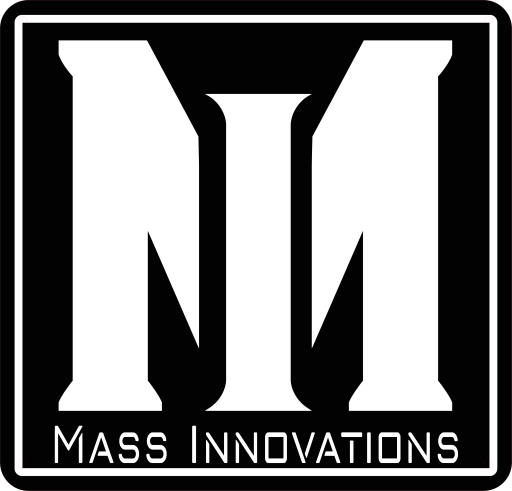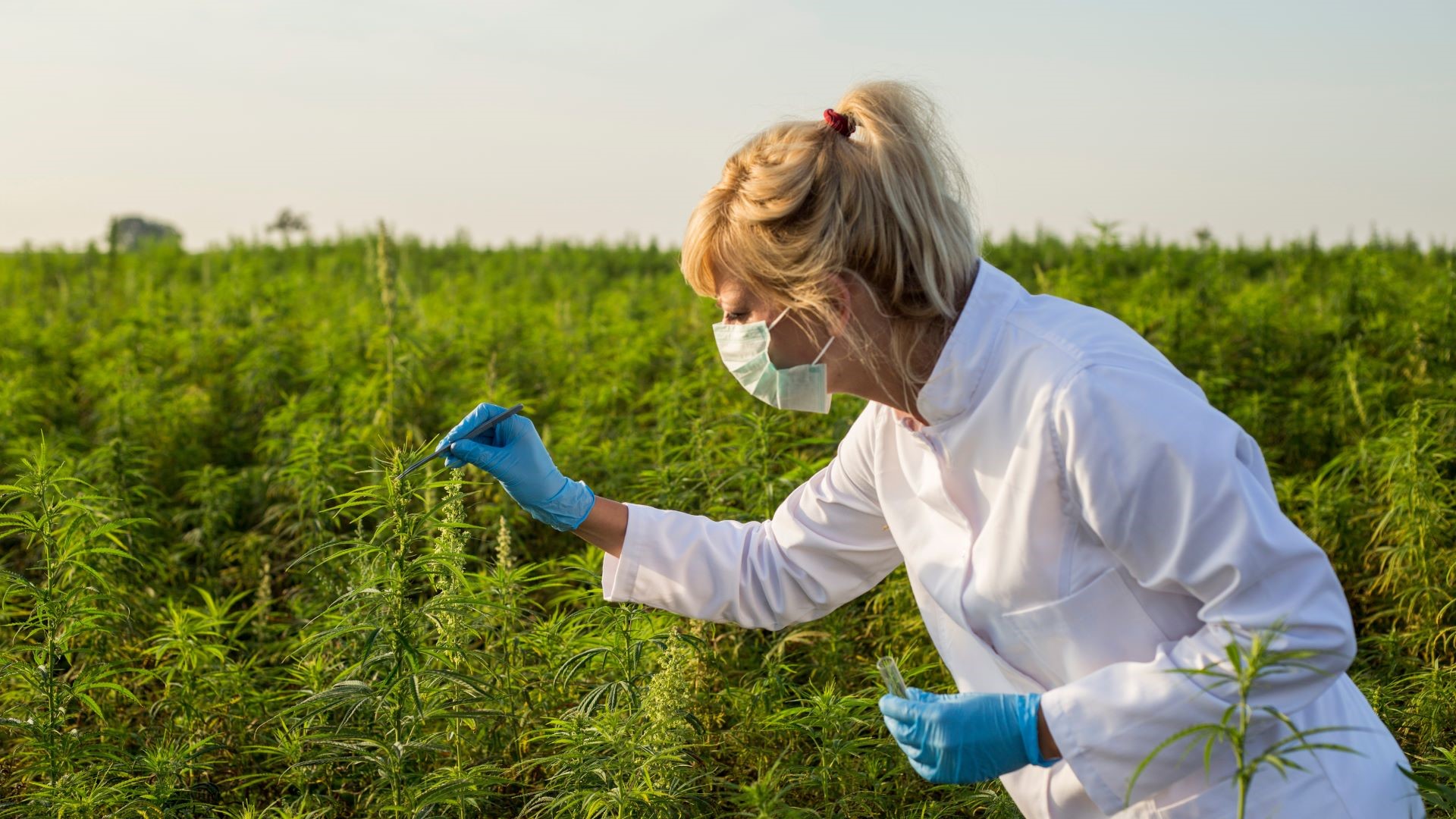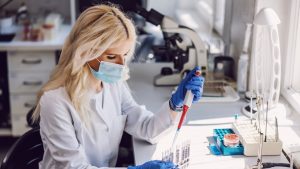The hemp industry has grown exponentially, driven by the demand for products like CBD oil, which are extracted from the hemp plant. The extraction process is pivotal as it influences the purity, quality, and safety of the final product, making it a critical focus for both producers and consumers.
Extraction Methods
There are several extraction methods used in the hemp industry, each with its own benefits and drawbacks:
- CO2 Extraction: This method is regarded as the industry standard due to its ability to produce a clean and high-quality extract without the residue of harmful solvents. It uses supercritical carbon dioxide to pull CBD and other cannabinoids from the cannabis plant. This method is efficient and maintains the integrity of the cannabinoids but requires significant investment in terms of equipment and expertise (Hempstitute).
- Ethanol Extraction: Less expensive and easier to scale than CO2 extraction, this method uses ethanol as a solvent to extract cannabinoids. While cost-effective, there is a risk of solvent contamination if not properly purged, which can affect the flavor and safety of the extract (Hempstitute).
- Oil Extraction: The simplest method, using oils like olive oil as solvents to extract the cannabinoids. It is cost-effective and safe but yields a less concentrated product and has a shorter shelf life (Hempstitute).
Importance of Lab Testing
Lab testing is crucial in ensuring the safety, potency, and purity of hemp-derived products. Quality control through rigorous testing helps in identifying and quantifying cannabinoids, checking for the presence of solvents, pesticides, and heavy metals, and ensuring compliance with legal and safety standards:
- Labs use advanced techniques like High-Performance Liquid Chromatography (HPLC) to measure cannabinoid levels accurately. This ensures that products meet the regulatory requirements for THC levels and provide the expected health benefits (ACSLab).
- Regular testing also monitors for contaminants like pesticides and mycotoxins, which are critical for consumer safety. Ensuring that products are free from these harmful substances is essential for maintaining consumer trust and safeguarding public health (Scientific Equipment Source).
The Role of Labs in Innovation and Regulatory Compliance
Labs not only ensure product safety but also drive innovation in extraction technology, developing more efficient and sustainable methods. As regulations in the hemp industry evolve, labs play a pivotal role in ensuring compliance, adapting testing methods to meet new standards and providing the necessary documentation for regulatory approvals (Scientific Equipment Source).
As the hemp industry continues to grow, the development of more efficient extraction methods and the rigorous testing of products are expected to advance as well. This will likely lead to higher quality, safer products and more sustainable practices, further promoting the growth of the industry (Hempstitute) (Scientific Equipment Source).
For anyone involved in the hemp industry, from growers to consumers, understanding these extraction methods and the critical role of lab testing is essential for navigating this rapidly evolving market. This knowledge ensures not only compliance with current regulations but also contributes to the production of high-quality, safe hemp products.



